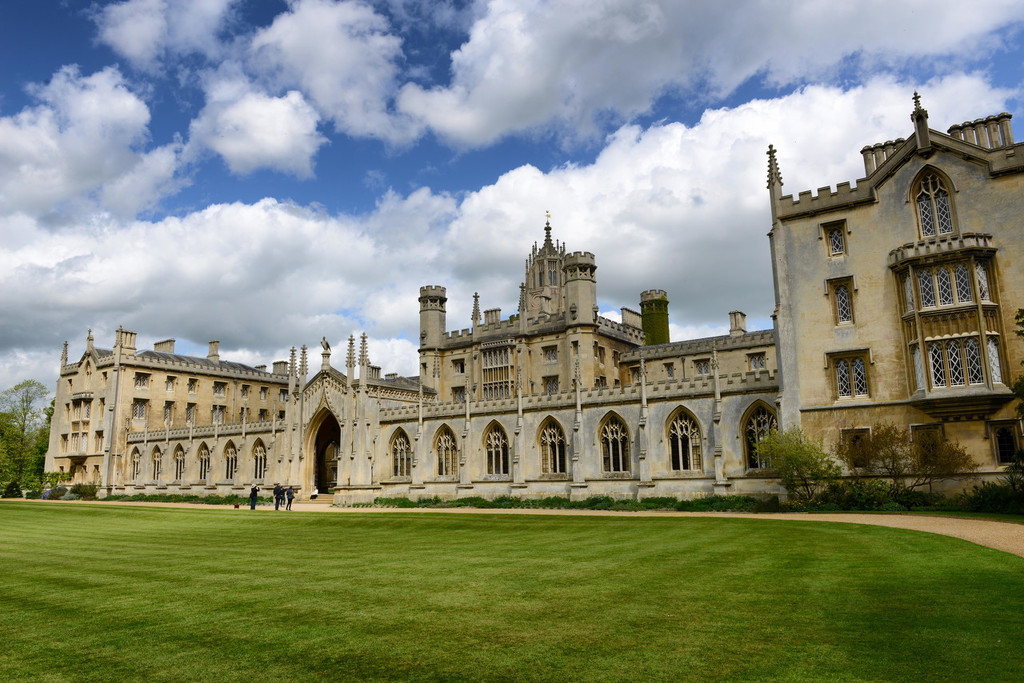Cambridge University to examine historical links to slave trade

Establishment should not hide from its past, says vice-chancellor

Cambridge University is to conduct a two-year study into how it may have benefitted from the slave trade during the colonial era, and also to look at how academic work may have reinforced attitudes toward race between the 18th and early 20th centuries.
Exact figures are impossible to quantify but it is estimated that between the 15th and 19th centuries, as many as 28 million people from Africa were shipped across the Atlantic, with many of those who survived the experience then forced to work as laborers, particularly in sugar and cotton plantations.
"It is only right that Cambridge should look into its own exposure to the profits of coerced labor," said the university's Vice-Chancellor Stephen Toope.
He added that the university should "acknowledge its role during that dark phase of human history" and that "we cannot change the past, but nor should we seek to hide from it".
The eight-member panel will be chaired by archeology professor Martin Millett. He said that they were starting with an open mind but it seemed likely that Cambridge had benefitted from slavery.
"It is reasonable to assume that, like many large British institutions during the colonial era, the University will have benefited directly or indirectly from, and contributed to, the practices of the time. The benefits may have been financial or through other gifts," he said.
"But the panel is just as interested in the way scholars at the University helped shape public and political opinion, supporting, reinforcing and sometimes contesting racial attitudes which are repugnant in the 21st Century."
Cambridge's Centre of African Studies will provide two full-time post-doctoral researchers for the project. They will examine specific gifts and bequests made to the university, and any historical links to the slave trade.
The University of Glasgow is setting up a center for slavery study after discovering that, in the 18th and 19th century,it received financial benefits from the slave trade, worth up to 198 million pounds ($258 million)in 21st century value, and the chair of governors at the University of East London wants any UK university that uncovers benefits from slavery to donate to a reparation fund to help students from ethnic minorities.
Cambridge has said nothing yet about any possible actions it may take as a result of finding tangible benefits from slavery, or that its work contributed to the validation of attitudes resulting from the slave trade.
Britain abolished the trans-Atlantic slave trade in 1807 although the practice of slavery was not completely eradicated for another generation, after years of campaigning led by a member of Parliament called William Wilberforce, who was himself educated at St John's College, Cambridge.
His birthplace in the city of Hull has since been turned into a slavery museum.

































